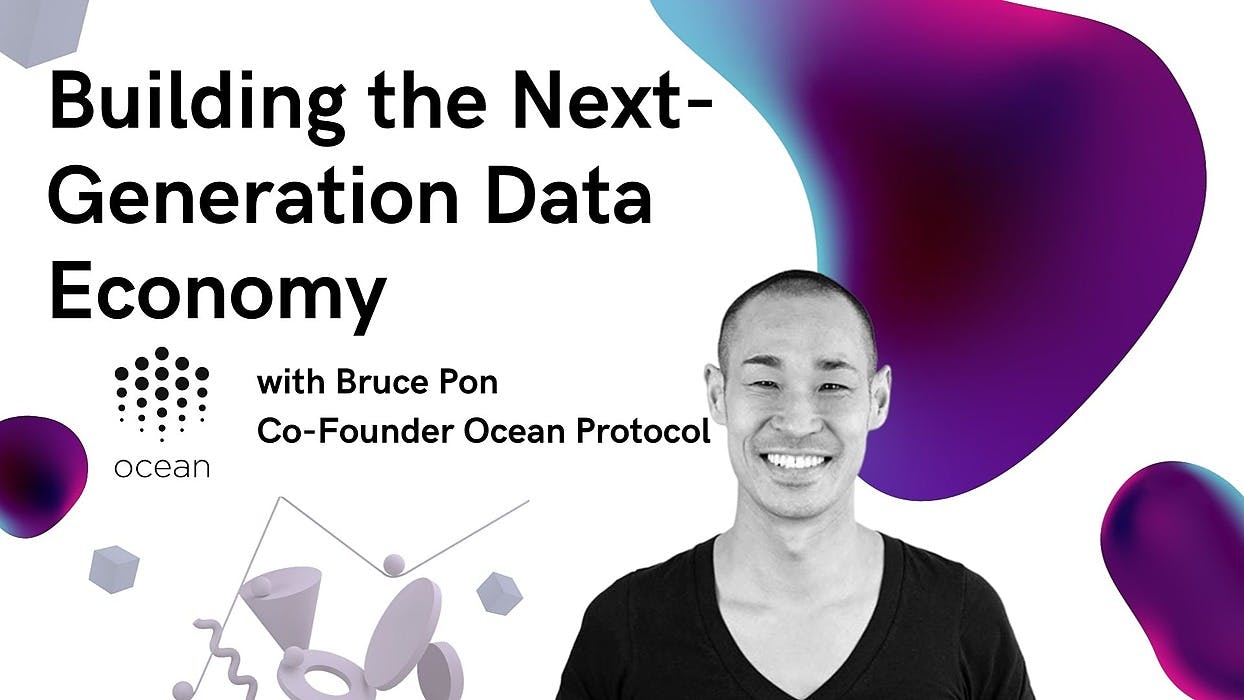3,756 reads
Building A Secure Data Economy: An Interview with Ocean Protocol's Founder Bruce Pon
by
March 30th, 2020

Building and Covering the latest events, insights and views in the AI and Web3 ecosystem.
About Author
Building and Covering the latest events, insights and views in the AI and Web3 ecosystem.
